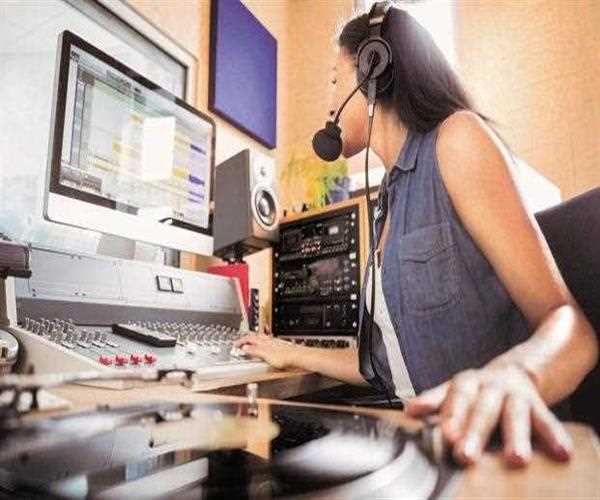*the first to ban FM radio broadcasting*

Norway opened a part in media communications history on 11th of January 2017, turning into the principal nation to stop FM radio telecom. The change, to computerized broadcasting, is expected to spare cash, however faultfinders are stressed over the impact on drivers and audience members of little radio stations.
The move to "radio digitization" was chosen by Parliament in 2011, and a timetable was reported in 2015. At 11:11 a.m. on Wednesday, Jan. 11 — a period picked in light of the fact that it was anything but difficult to recall, as per the national telecaster, NRK — across the nation radio stations started halting FM communicates, changing to a framework known as computerized sound telecom that advocates say offers a more extensive scope of broadcasting choices and more prominent sound quality.
The change is happening province by region, beginning with Nordland, in the north of Norway. Oslo, the capital, will kill FM broadcasting in September, and the procedure will be finished across the nation by Dec. 13.
Norway's Culture Ministry evaluated that it would spare 180 million kroner a year, or about $25 million.
FM broadcasting started in the United States in the 1930s and landed in Norway in the 1950s. Different nations have considered dropping FM broadcasting, including Britain, Switzerland, and Denmark, however, no choice has been made; Sweden considered the switch yet deserted the thought.
A few Norwegians, similar to Benjamin Stage Storm, a healing facility specialist living in Bodo, in Nordland, said the change was no major ordeal for him and his family.
"We don't listen much to radio, and in the auto we have an SD card per user," which gives clients a chance to play prerecorded music put away on little-computerized cards, he said in a telephone talk with, "so we tune in to music on that, relatively outdated blend tapes."
He included: "We do tune in to radio shows, yet we get them from podcasts or off the SD cards."
Dr. Stage Storm stated, in any case, that the legislature and NRK were spending a "tremendous measure of assets on closing down a practical framework and in the meantime pushing bunches of individuals into rejecting their generally well-working radios."
The change is uplifting news for radio merchants, be that as it may.
Camilla Tully, a representative for the retail chain Clas Ohlson, said the interest for advanced radios had developed consistently since Parliament's vote in 2011.
"The offer of DAB radios detonated before Christmas, and the deals tripled in the course of the most recent few months," she said in a telephone meeting. "Before Christmas, we were sold out of a few models. Nowadays the request is especially high in Nordland, both for DAB radio and DAB connectors for auto stereos."
Oyvind Vasaasen, an authority at NRK who is managing the change, said that Norway had been an "early mover" in advanced radio, presenting web radio telecom as far back as 1995.
Given the extent of the nation — with its mountains and fjords — and its little populace, it is especially costly to offer both FM and advanced sound telecom, he said.
"The expenses of keeping up an overhauled FM framework would over the long haul influence the nature of projects we can offer the audience members," he said. "Digitizing the radio media is a piece of the modernization of Norway."
Aage Sveum, a radio gatherer, communicated fears that the change would put drivers in danger. "What is the reason for having a compulsory crisis ready framework if nobody has radios in their autos any longer?" he inquired.
Nils Sodal said the affiliation did not restrict the switch but rather was concerned that numerous drivers would not change to the computerized radios. Another auto radio expenses around 2,000 kroner, or about $232.
Cheers!